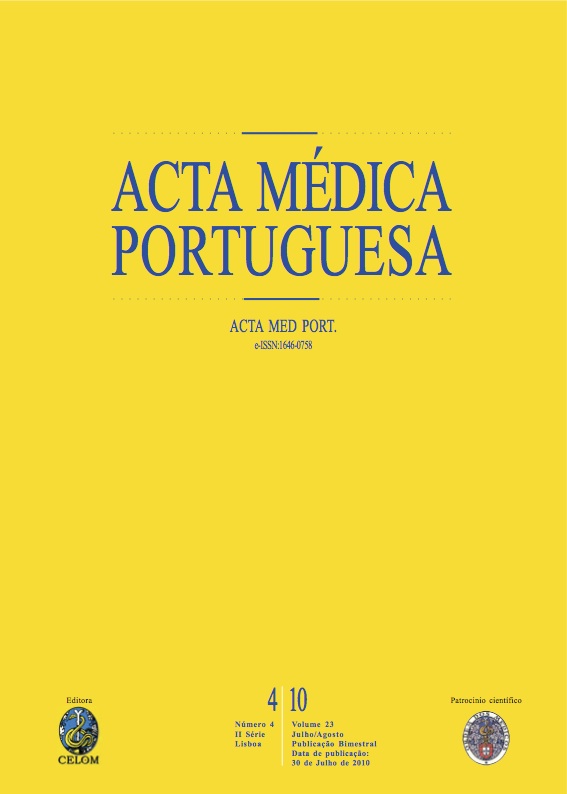Personality and transplantation.
DOI:
https://doi.org/10.20344/amp.690Abstract
The association between personality and medical health has been subject of several studies. The most accepted theoretical models of personality, in this context, are of two kinds: Three factor model (neuroticism, extraversion epsicoticism) and five factor model (neuroticism, extraversion, consciousness, agreeableness, and openess to experience). There are three ways which can explain the interaction between personality and medical illness: Hyperactivity induced by personality, personality and illness independent predisposition, non-healthy behaviours induced by personality. There are several ways of assessing personality in medical illness: taxonomic vs dimensional approaches; Auto vs hetero evaluation; Specific vs non-specific methods. We analyse the arguments against and favourable to any of these approaches. Some of the most used instruments to assess personality in medical context are the NEOPI versions (original NEO-PI, NEO-PI-R, NEO-FFI-60). NEO-PI-R and NEO-FFI-60 are validated to the Portuguese population. According to the few published studies assessing personality in transplanted patients we concluded that neuroticism was associated to a poor quality of life (physical, mental, social) in post-transplantation period; extraversion to a better quality of life (physical, mental, social); type D personality to a worse quality of life and a increased mortality and rejection after transplantation. We also concluded that personality disorders were not associated to an increase of alcohol consumption in alcohol liver disease transplanted patients.Downloads
Downloads
How to Cite
Issue
Section
License
All the articles published in the AMP are open access and comply with the requirements of funding agencies or academic institutions. The AMP is governed by the terms of the Creative Commons ‘Attribution – Non-Commercial Use - (CC-BY-NC)’ license, regarding the use by third parties.
It is the author’s responsibility to obtain approval for the reproduction of figures, tables, etc. from other publications.
Upon acceptance of an article for publication, the authors will be asked to complete the ICMJE “Copyright Liability and Copyright Sharing Statement “(http://www.actamedicaportuguesa.com/info/AMP-NormasPublicacao.pdf) and the “Declaration of Potential Conflicts of Interest” (http:// www.icmje.org/conflicts-of-interest). An e-mail will be sent to the corresponding author to acknowledge receipt of the manuscript.
After publication, the authors are authorised to make their articles available in repositories of their institutions of origin, as long as they always mention where they were published and according to the Creative Commons license.









